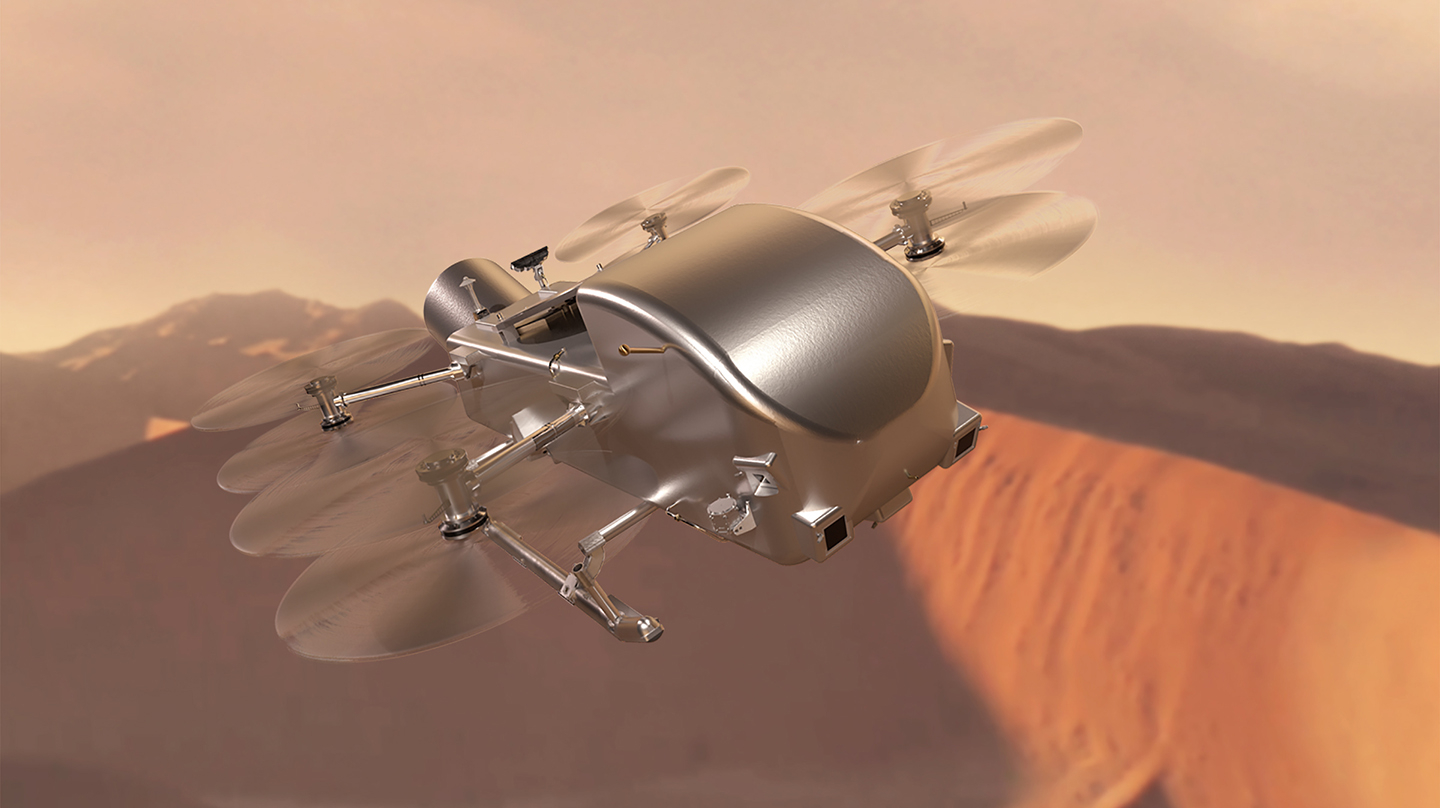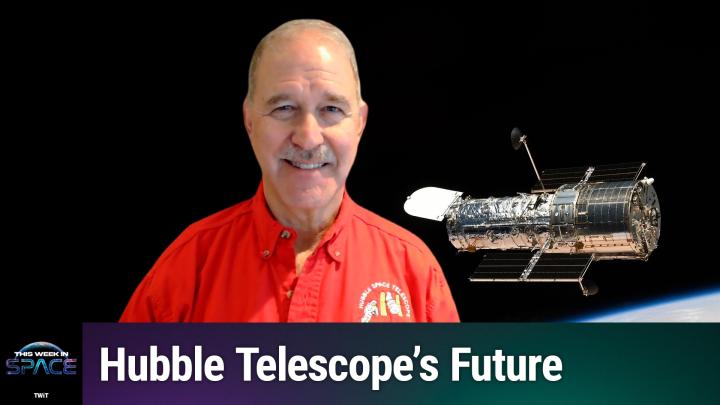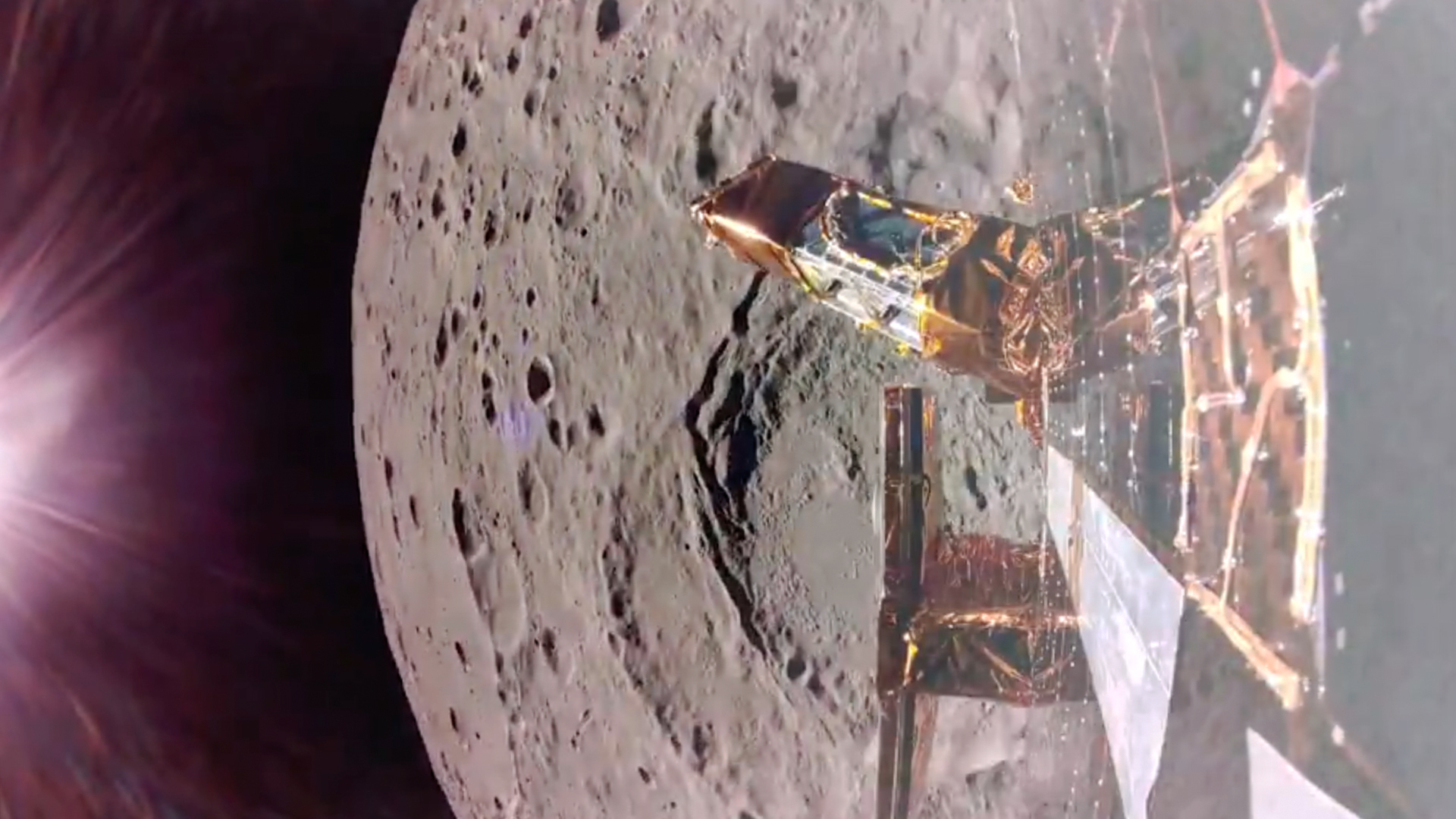The U.S. AirForce wants to set the record straight: Neither aging GPS satellites nor a weakGPS signal were responsible for an elderly couple getting stranded in the woodsfor several days after following directions in their GPS-enabled SUV.
On Christmasday, John Rhoads, 65, and his wife, Starry Bush-Rhoads, 67, drove their vehicledown a remote road in eastern Oregon, where it became stuck in 1-1/2 feet ofsnow. The couple was stranded for three days before authorities located themusing a faint signal emitted by the couple's GPS-enabled phone.
Some newsreports of the couple's adventure were accompanied by headlines such as "GPS Strands Couple and Then Saves Them: AgingSatellites?"
On Tuesday, theAir Force Space Command (AFSPC), which operates the suite of satellites thatmake up the GPS system, used Twitter to clear up the misconception.
Writing underthe Twitter username @AFSpace, AFSPC said:"While we do not want to speculate on what caused the couple to get stuckin the snow; the cause was not due to the GPS signal."
AFSPCspokesperson Toni Tones said the current GPS constellation is the most capablein the history of the program.
"Since theinception of us putting it up in 1995, it has exceeded our performancerequirements, and we are very proud to offer this service to the generalpublic," Tones told LiveScience.
Get the Space.com Newsletter
Breaking space news, the latest updates on rocket launches, skywatching events and more!
Tones declinedto speculate about why the Rhoads were stranded, but expressed confidence thatit wasn?t due to the satellites. "All I can say is that the signals thatare coming down are very strong and healthy,? she said, ?so I would have todefer those kinds of questions to [manufacturers] such as Garmin and othersthat are providing the GPS devices.?
That's becauseeven though AFSPC operates the GPS satellites that emit the signal thatconsumer GPS devices use, they do not create or update the maps that run on thedevices, and they are not involved in calculating the routes betweendestinations.
Tones addedthat the GPS constellation is designed to be redundant: There are 30 GPScurrently in space, but only 24 of them are active at any one time.
The remainderserve as backups in case one of the other satellites malfunctions or if one ofthem is being upgraded, which happens every few months.
"In theevent that one of our satellites fails, we can immediately have another one upto have the full coverage that we need," Tones said.
Join our Space Forums to keep talking space on the latest missions, night sky and more! And if you have a news tip, correction or comment, let us know at: community@space.com.
Ker Than is a science writer and children's book author who joined Space.com as a Staff Writer from 2005 to 2007. Ker covered astronomy and human spaceflight while at Space.com, including space shuttle launches, and has authored three science books for kids about earthquakes, stars and black holes. Ker's work has also appeared in National Geographic, Nature News, New Scientist and Sky & Telescope, among others. He earned a bachelor's degree in biology from UC Irvine and a master's degree in science journalism from New York University. Ker is currently the Director of Science Communications at Stanford University.









